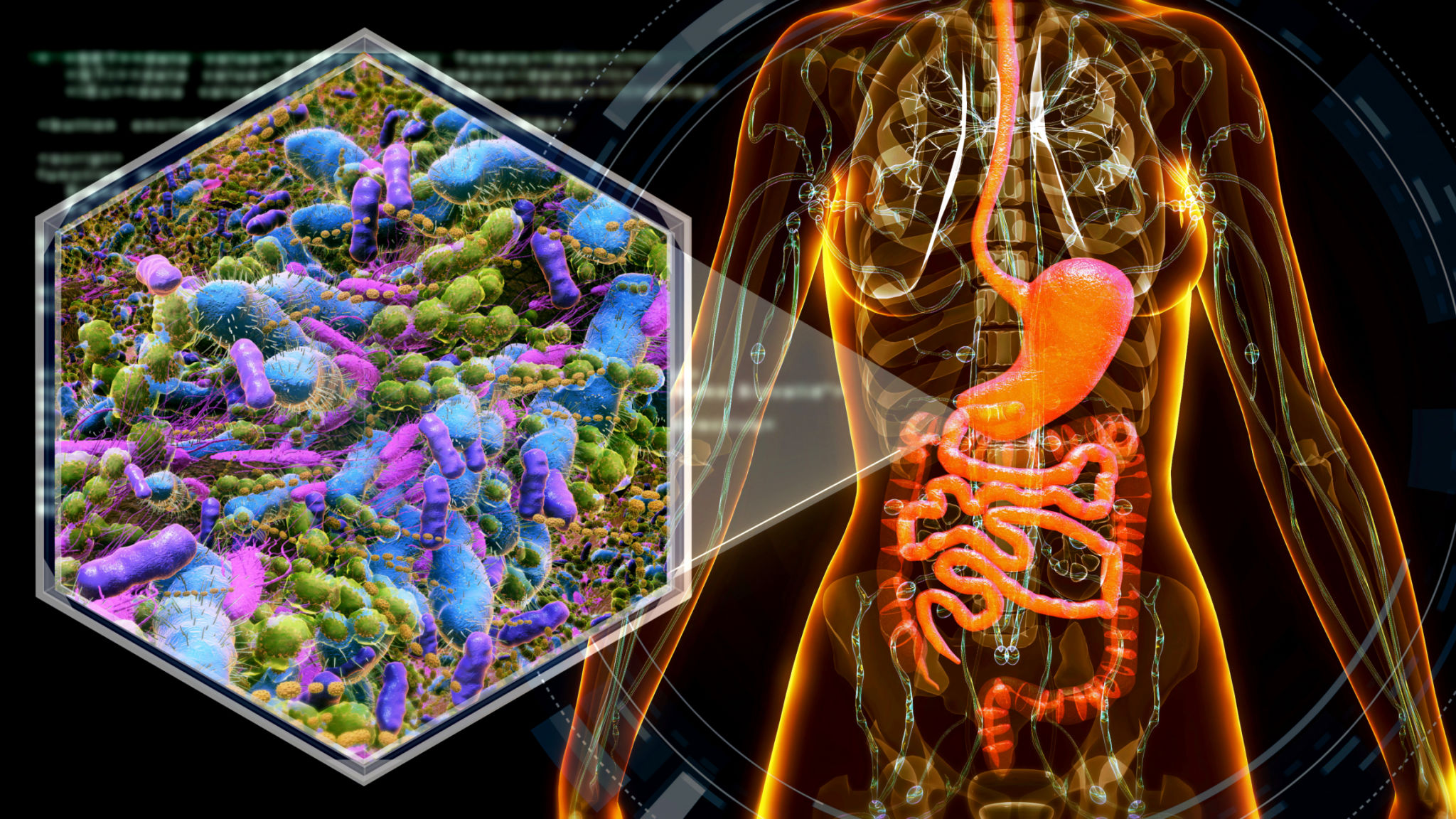The Gut Microbiome's Role in Immune System and Inflammation Control
In recent years, the gut microbiome has emerged as a vital player in maintaining overall health. It is a complex ecosystem of trillions of microorganisms residing in the intestinal tract and plays essential roles in various bodily functions. Among these, its influence on the immune system and inflammation control has become the key to overall well-being.
The Gut Microbiome and Immune System Regulation
The gut microbiome acts as a crucial interface between the external environment and the body’s internal systems. It educates and modulates the immune system from a infancy, young age, adulthood and older life. The presence of beneficial bacteria in the gut stimulates the production of cytokines and these in turn regulate specific immune cells, such as T-cells and B-cells, which are vital for adaptive immunity.

Moreover, the gut microbiome plays a role in maintaining the integrity of the intestinal barrier. A healthy microbiome prevents the translocation of food particles into the bloodstream, reducing the risk of developing leaky gut syndrome (1). Leaky gut syndrome drives the development of autoimmune diseases (2).
Microbial Diversity and Immune Function
Microbial diversity within the gut is directly linked to immune function. A diverse microbiome can effectively communicate with the immune system, promoting a balanced response to pathogens while preventing inflammatory reactions. Furthermore, certain bacterial prodcuts also stimulate inflmmatory pathways. Addresing this problem can prevent chronic inflammation. Balanced diverisity and the function of microbiome can add years to your healthspan by controlling inflammation. This function is pivotal as around 70% of the immune system resides in the gut-associated lymphoid tissue (GALT) (3).

The Molecular Connection Between Gut Health and Inflammation
Inflammation is a natural immune response to injury or infection. However, chronic inflammation can contribute to various diseases, including obesity, diabetes, and cardiovascular conditions. The gut microbiome plays a critical role in regulating inflammation by producing short-chain fatty acids (SCFAs) like butyrate, which have anti-inflammatory properties.
SCFAs are produced when dietary fibers are fermented by gut bacteria. They help maintain intestinal integrity, reduce pro-inflammatory cytokine production, and support regulatory T-cell development. These processes collectively contribute to controlling systemic inflammation.

Impact of Dysbiosis on Inflammation
Dysbiosis, an imbalance in the gut microbiome, can lead to increased intestinal permeability leading to leaky gut. Factors such as diet, antibiotics, and lifestyle choices can influence microbial diversity and function. A single course of antibiotics wipes out trillions of good bacteria from your microbiome(4). It can take a lot of time restoring the healthy balance in your gut. Consuming a diet rich in fiber, prebiotics, and probiotics can boost beneficial bacteria and promote a healthy immune response. More will be discussed in the future.
A single course of antibiotics wipes out trillions of good bacteria from your microbiome
Restoring balance within the gut microbiome through dietary changes, probiotics, and lifestyle modifications can help alleviate inflammation. It is essential to maintain a healthy and balanced microbiome to support overall well-being and prevent disease progression.
Conclusion
The intricate relationship between the gut microbiome, immune system regulation, and inflammation drives chronic inflammation . By nurturing a healthy gut environment through balanced nutrition and lifestyle choices, you can armour body's natural defenses and reduce the risk of chronic inflammatory diseases.
References:
1. https://pubmed.ncbi.nlm.nih.gov/37505311/
2. https://pubmed.ncbi.nlm.nih.gov/35833129/
3. https://pubmed.ncbi.nlm.nih.gov/18721321/
4. https://pubmed.ncbi.nlm.nih.gov/35212478/